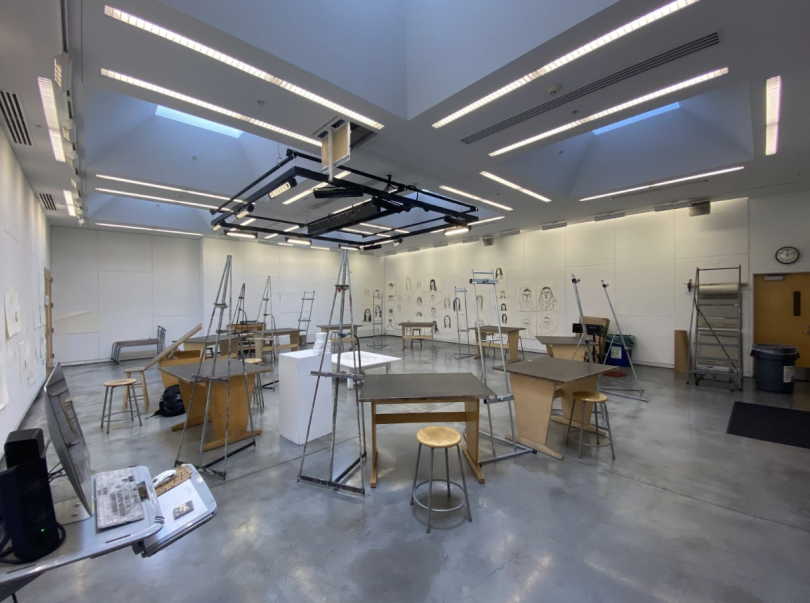
The Arc of a Term
The pace of a Dartmouth term is truly unique and feels like a rollercoaster sometimes. This is my attempt to capture the academic and lived experience of a 10-week term (Dartmouth follows a quarter system called the D-Plan! Each quarter is ten weeks long).
Weeks 1 - 3: Getting Started
Coming back to Dartmouth after a break can be overwhelming. The entire community seems to descend on campus within the span of two days, and long conversations are had to catch up with friends long since seen. For me, the first few weeks are all about settling back into the Dartmouth pace and figuring out the right balance of academic, extracurricular, and social activities—which changes based on my course load. After syllabi are given out for each class, I'm able to assess the scope of each class and determine a weekly schedule that works for me. The adjustment period requires one to learn where each class is taking place, purchase books if necessary, and know when you can fit in your other commitments. See this previous post for everything related to time management.
Speaking of which, the first few weeks are great because the "Add/Drop" period for courses occurs, which allows you to make last-minute course changes. I, for example, ended up switching from an introductory archeology course to a studio art course for my minor. You can also read more about the course selection and adjustment process here!
Weeks 4 - 7: Midterm Season
Exams arrive fast. As of writing this post at the end of week two, I've already had one physics quiz. The actual definition of what qualifies as a "Midterm" at Dartmouth is pretty loose, however. For reading and writing-based courses, midterms often take the form of essays or intermediate research projects. For my current Studio Art Course (Drawing I), I'll have a more polished piece to create. Ultimately, every significant classroom assignment between weeks four and seven can probably count as a midterm.

The way I approach this part of the term is to check in and make sure nothing has drastically changed from the first few weeks. Am I completing assignments closer to the deadlines? Am I sleeping less? Am I sleeping more? The middle of the term is when I know how I'm holding up and whether or not I can make adjustments to my entire schedule. I know if I can sign up for that Dartmouth Outing Club (DOC) Trip on Trailhead—or maybe I know I need to reassess where my time is going.
I find that wellness becomes more important as the term progresses, and I have to ensure that physical and mental health remain priorities.
Weeks 7 - 10: Finals Season
In the last few weeks of the term, final project deadlines and exams start to arrive. I've always enjoyed the final stretch of classes because it feels like I've learned so much in such a short time (and it's fun to look back), but it's still undeniably intense! Starting early—or simply not waiting until the last minute—has been my most simple strategy to reduce end-of-term stress (which is easier said than done). I've also attended events by the Academic Skills Center, an organization with resources and guidance to promote productivity, which has provided structured opportunities to make progress on assignments (one such event series is "Get it Done!").
The end of a term can also feel chaotic because housing closure and transportation planning can complicate the days following exams. It's a stark change to go from studying all day during the reading period, taking exams, or finishing projects, and then packing up and saying goodbye to friends immediately after! That being said, some of my favorite Dartmouth memories come from the period right after finals. If all my finals are scheduled early, It can be a good time to stay on campus a little longer and celebrate the end of the term. In the past, I've gone to Lou's with friends and completed a bike ride to the Moosilauke Ravine Lodge.
















